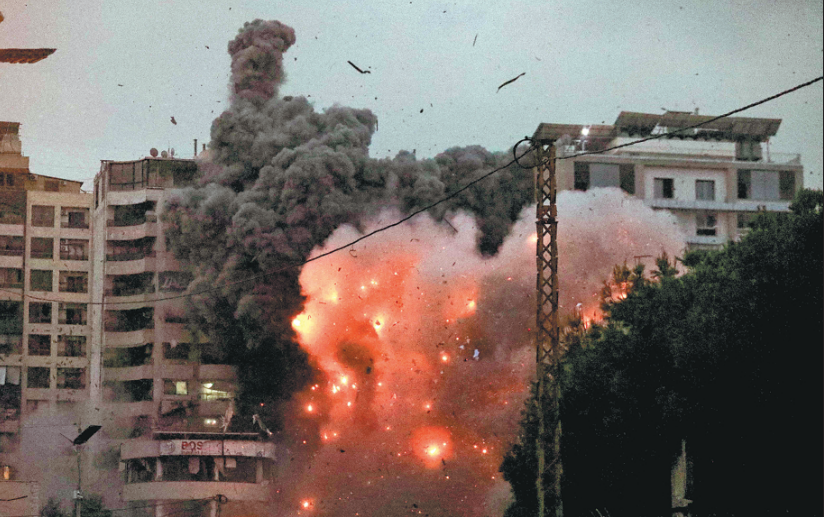
With the United States vetoing a Gaza ceasefire resolution at the UN Security Council for the fourth time last week, the prospect of making a breakthrough to bring an end to the crisis appeared as remote as ever.
But an apparent ray of hope has emerged. While it would certainly be a lot more conducive to peace in the region if a ceasefire was reached in Gaza first, given the stalemate at the UNSC and considering the conflict between Israel and Hezbollah in a large part derives from what Israel is doing in Gaza, the latest talk of a ceasefire being on the cards in Lebanon is certainly a positive development. The Israeli ambassador to the United States claimed on Monday that a cease-fire deal could be reached “within days”. And a US special envoy said in Lebanon last week a truce agreement was “within our grasp”.
The ceasefire agreement being negotiated calls for a two-month ceasefire during which Israeli forces would withdraw from Lebanon and Hezbollah would end its armed presence along the southern border south of the Litani River. While substantial headway seems to have been made on a deal, the exchange of fire between the two sides over the weekend shows how precarious the possibility of a ceasefire is. Even after Israel eliminated almost all the senior Hezbollah commanders, the latter was still able to launch what was one of its heaviest barrages in months.
But rather than seeing the violent tit-for-tat as making real ceasefire impossible, it would make more sense to take it as an ongoing lesson on the futility of violence in ending violence.
The fighting has dragged on for far too long, and the cost in lives and human suffering has been high. According to the Lebanese health ministry, the Israeli offensives against Hezbollah had killed more than 3,750 people as of Sunday, left some 15,630 more wounded and displaced about 1.4 million people, or one-fourth of the country’s population. More than 100 soldiers and civilians have been killed on the Israeli side, with tens of thousands of residents evacuated from their homes in border areas.
More importantly, there is growing concern that the conflicts may extend to neighboring countries, most likely Syria and Iraq, as Israel struggles to cut off weapons supplies from Iran to Hezbollah. The Italian foreign minister, while opening the G7 meeting near Rome, noted that “We are perhaps close to a ceasefire in Lebanon”, and said “Let’s hope it’s true and that there’s no backing down at the last-minute.” That is a sentiment that most of the international community will share and endorse.
China opposes any move that fuels antagonism and escalates regional tensions, and it hopes that the parties concerned will take the opportunity to cool down the situation and prevent the conflict from escalating further.